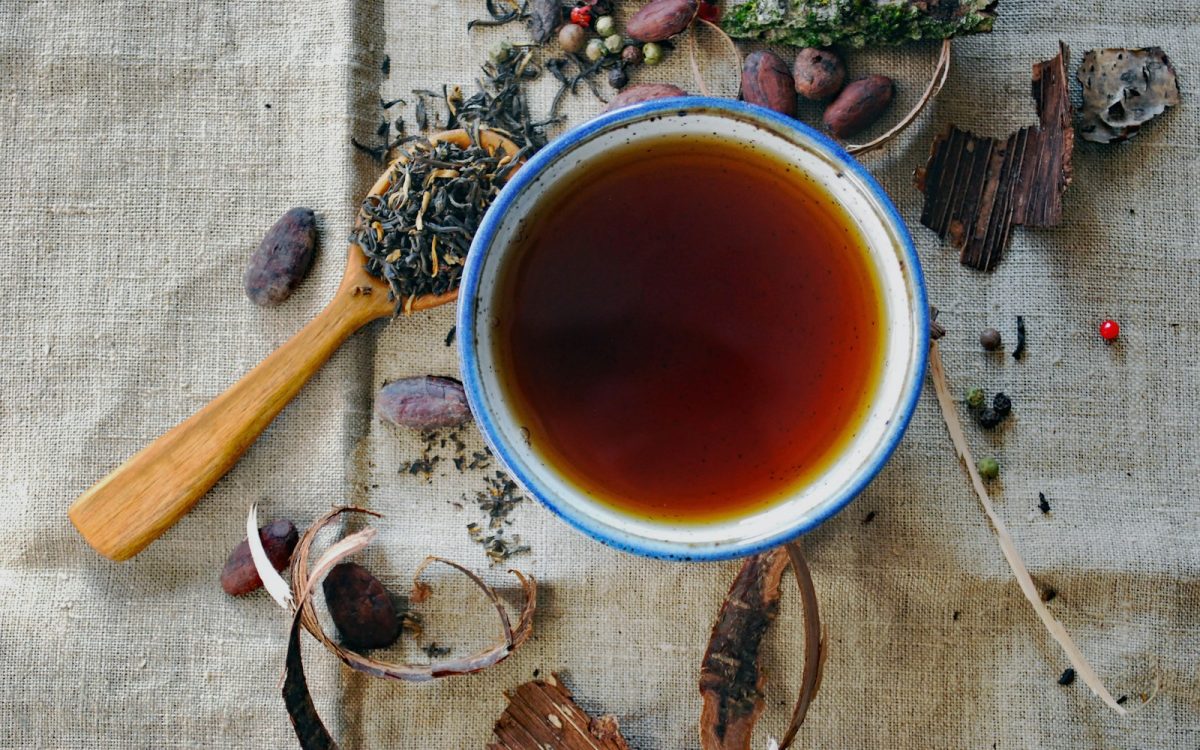Struggling to fall asleep or stay asleep? Herbal teas have been used for centuries as natural remedies to promote relaxation and improve sleep quality. Unlike caffeinated drinks, herbal teas are typically caffeine-free and contain calming compounds that help the body unwind and prepare for rest. Here’s a guide to the most effective herbal teas for sleep—plus the best time to drink them.
Best Herbal Teas for Sleep
1. Chamomile Tea
Known as one of the most popular bedtime teas, chamomile has mild sedative effects thanks to an antioxidant called apigenin, which binds to receptors in the brain that encourage sleepiness.
Benefits:
– Reduces anxiety
– Promotes calm and relaxation
– May improve sleep quality
Best time to drink: 30–45 minutes before bed
2. Valerian Root Tea
Valerian root has been used since ancient times to treat insomnia and nervousness. It may increase levels of GABA (gamma-aminobutyric acid), a neurotransmitter that calms the nervous system.
Benefits:
– Helps reduce the time it takes to fall asleep
– May improve sleep depth and quality
Best time to drink: 30 minutes to 1 hour before bed
Note: Valerian may cause grogginess in some people. Avoid using it long-term without consulting a healthcare provider.
3. Lavender Tea
Lavender is well-known for its soothing scent, but it can also be consumed as a tea. Studies suggest that lavender tea may reduce anxiety, lower heart rate, and improve sleep quality.
Benefits:
– Eases agitation and restlessness
– May help with mild insomnia
Best time to drink: 30–60 minutes before bed
4. Lemon Balm Tea
This member of the mint family has calming effects and has been used to reduce stress and improve mood. It may also promote better sleep by soothing digestive issues and easing anxiety.
Benefits:
– Supports nervous system relaxation
– May boost GABA levels naturally
Best time to drink: 45 minutes before bed
5. Passionflower Tea
Passionflower is used to calm the mind and can be especially useful for people who have trouble falling asleep due to racing thoughts. It enhances GABA activity in the brain.
Benefits:
– Improves sleep quality
– Reduces anxiety and mental chatter before bed
Best time to drink: 30–60 minutes before bed
6. Magnolia Bark Tea
Less common but highly effective, magnolia bark contains compounds that interact with GABA receptors and promote drowsiness.
Benefits:
– Aids in calming the nervous system
– Helps reduce nighttime awakenings
Best time to drink: 30–60 minutes before sleep
Tips for Drinking Herbal Tea for Sleep
– Consistency helps: Drink your chosen tea at the same time each evening to develop a bedtime ritual.
– Keep it warm: A warm beverage can enhance the relaxing effect and mimic the body’s natural drop in temperature as it prepares for sleep.
– Skip sugar: Avoid adding sugar, which may be stimulating. A touch of raw honey is fine if needed.
– Watch your fluid intake: If you’re sensitive to nighttime waking for bathroom trips, limit your tea to 6–8 oz and drink it 30–60 minutes before lying down.
When Not to Drink Herbal Teas
– Pregnancy and medications: Some herbs can interact with medications or may not be recommended during pregnancy. Always consult a healthcare provider before trying new herbal remedies.
– Allergies: If you’re allergic to plants in the daisy family (like ragweed), avoid chamomile.
Conclusion
Herbal teas are a gentle, natural way to support your wind-down routine and may help improve overall sleep quality. Whether you choose chamomile, lavender, or passionflower, the key is finding a tea that suits your body and mind—and making it part of a consistent evening ritual. Sweet dreams!




